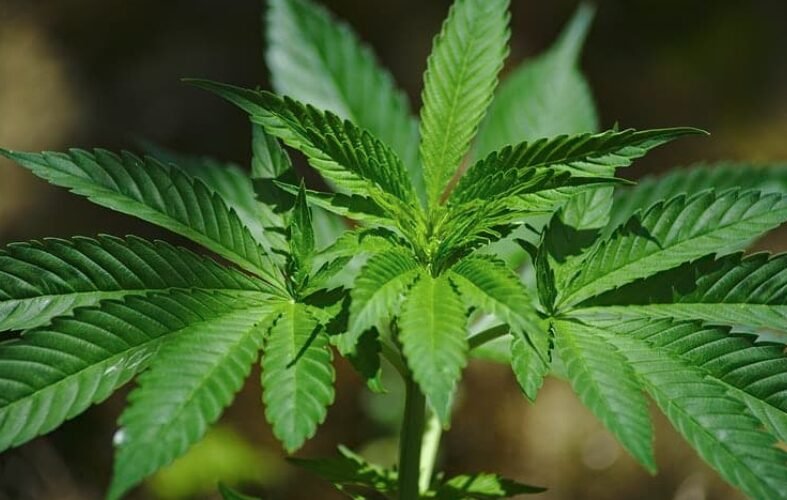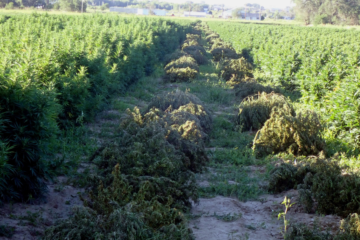Thailand’s Prime Minister Srettha Thavisin is facing significant challenges as he attempts to navigate the controversial issue of cannabis regulation. Despite the country’s historic move to decriminalize cannabis in 2022, Srettha’s administration is now grappling with the complexities of reintroducing restrictions. This article explores the political and social implications of the proposed cannabis ban and the reactions it has sparked.
Political Tensions and Policy Shifts
Prime Minister Srettha Thavisin’s stance on cannabis has created a rift within his coalition government. The Bhumjaithai Party, a key player in the coalition, was instrumental in the decriminalization of cannabis and is now opposing Srettha’s plan to reclassify it as a narcotic. This internal conflict has made it difficult for the government to present a unified front on the issue.
Srettha’s proposal to reclassify cannabis as a “category five” narcotic would criminalize its production, sale, and possession. This move has been met with resistance from various stakeholders, including cannabis advocates and industry players. They argue that re-criminalizing cannabis would push its use underground, making it harder to regulate and control.

The Prime Minister’s hardline stance on cannabis is seen as an attempt to address concerns about the rise in recreational use, particularly among young people. However, critics argue that the focus should be on regulating the industry rather than imposing an outright ban. They believe that proper regulation can address the issues without reversing the progress made in cannabis policy.
Social and Economic Impacts
The decriminalization of cannabis in Thailand led to a booming industry, with thousands of dispensaries opening across the country. This rapid growth has had significant economic benefits, providing new business opportunities and generating revenue. However, the lack of clear regulations has also led to concerns about unregulated sales and potential health risks.
Reclassifying cannabis as a narcotic would have far-reaching social and economic consequences. Many small business owners who have invested in the cannabis industry could face financial losses if the ban is implemented. Additionally, the move could lead to job losses and negatively impact the livelihoods of those working in the sector.
On the social front, the proposed ban has sparked debates about personal freedom and the role of government in regulating substance use. Advocates for cannabis argue that individuals should have the right to make informed choices about their consumption. They also highlight the potential medical benefits of cannabis, which could be undermined by the ban.
Future of Cannabis Policy in Thailand
The future of cannabis policy in Thailand remains uncertain as the government navigates the complexities of regulation and public opinion. While Srettha’s administration is pushing for stricter controls, there is a growing call for a balanced approach that considers both the benefits and risks of cannabis use.
One potential solution is the introduction of comprehensive regulations that address the concerns of both proponents and opponents of cannabis. This could include measures to ensure product safety, prevent underage use, and support medical research. By focusing on regulation rather than prohibition, the government could create a framework that allows for the safe and responsible use of cannabis.
The ongoing debate over cannabis policy in Thailand highlights the challenges of balancing public health, economic interests, and individual freedoms. As the government moves forward, it will need to carefully consider the diverse perspectives and interests involved. The outcome of this debate will have significant implications for the future of cannabis in Thailand and could serve as a model for other countries grappling with similar issues.




